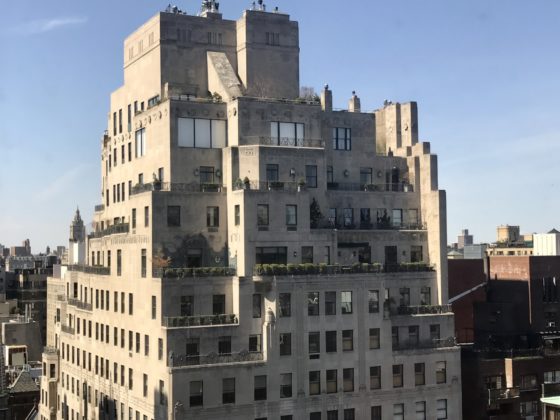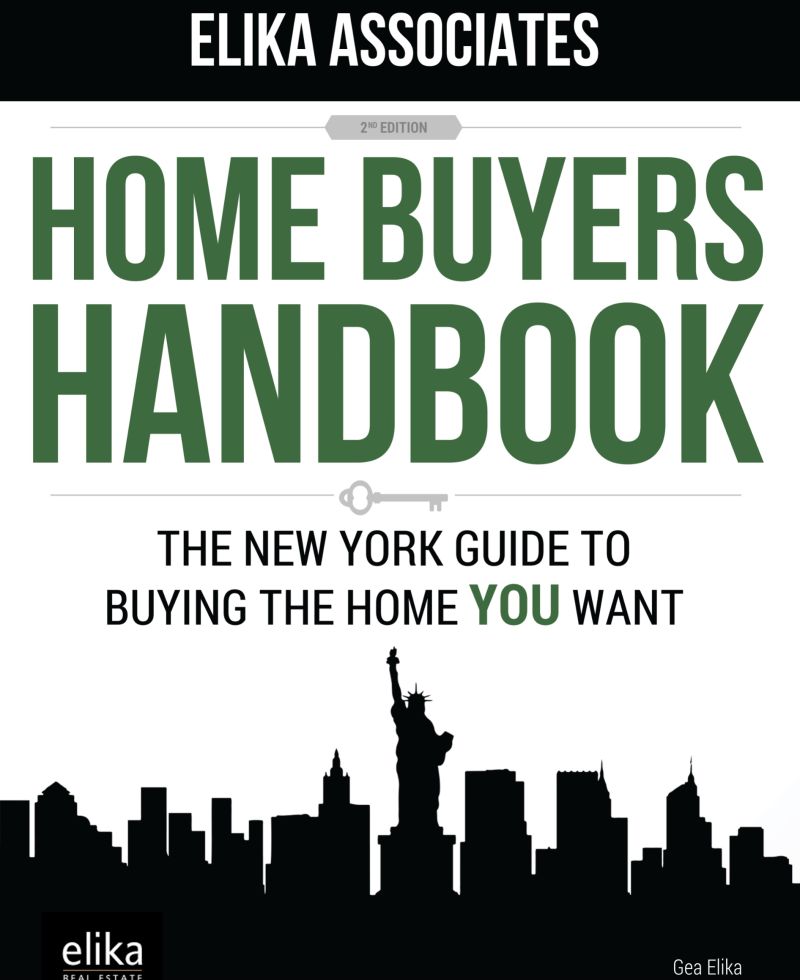Table of Contents Show
The process for selling residential real estate in New York City doesn’t differ much from one building type to another. Except if the property is in a co-op building. After the contract of sale is agreed to, due diligence is conducted, and the mortgage is approved, the co-op board interview remains. One of the most annoying things about New York City real estate is that co-op boards can reject a buyer for any reason or no reason at all.
Why it’s so important to recognize a qualified buyer when you see one? This can present a lot of uncertainty about what sort of buyer they should choose for sellers. Get it wrong, and you’ll have lost the deal, valuable time, and have to start the process all over again. Follow these steps to ensure you choose the right one.
Talk to your co-op board.Talk to your co-op board.
You may not personally know the board president or other board members, but that doesn’t matter as a shareholder and member of the cooperative. You are entitled to communicate with the board members. Before finding a real estate broker, or even listing your property for sale, talk to board members and let them know you are planning to sell. Try to get a list of potential interview questions they would ask any applicant. Once you’ve found an interested buyer, have them review these questions to see if there could be any problems. Also, ask the board about upcoming assessments or house rule changes that you might not be aware of. While co-op boards are mainly concerned with the financial statement of any potential buyer, you should ask them about any significant red flags.
Go over their letters of recommendation.Go over their letters of recommendation.
Letters of recommendation are part and parcel of the co-op application process. These are how potential buyers ‘sell’ themselves to the co-op board. Many co-ops require five reference letters per applicant, so for a couple, that makes ten. The buyer’s broker will ensure that each is perfect spelling, punctuation, and grammar. But the seller’s broker is responsible for choosing only the best candidates that meet the financial criteria. Financials are essential in determining the worth of a recommendation letter and how the candidate is presented. Letters from people with prestigious titles and long years of friendship with the candidate will measure the highest. What the board is looking for are credibility and trust.
Ask for the board application early.Ask for the board application early.
While talking to your board, request a copy of the purchase application package. Go over this extensively with your broker before you list the property. Its first few pages lay out all requirements for application and approval. It will mention the building’s house rules, flip taxes, building fees, and application fees. If it’s not clear whether a fee applies to the buyer or seller, it is time to find out. A complete understanding of the board’s requirements will help you weed out buyers who don’t match it and find those that will.
Ask about their occupation.Ask about their occupation.
These days many people work from home, and depending on the job, this could be a red flag for some co-op boards. In addition, some professions are forbidden from operating out of residential buildings, such as barbershops, beauty salons, pharmacies, or insurance companies. When talking with your board, the city’s zoning codes ask them what occupations are a red flag. For instance. If someone is a freelancer, what financial criteria do they need to consider? They will prefer some occupants. For example, potential applicants who travel on business trips are generally selected — the idea being that a resident who’s not there often causes less noise and traffic in the building.
Check their overall appearance.Check their overall appearance.
In most cases, the seller will have to trust the opinion of their listing broker for this one. Usually, the seller won’t meet the buyer until the closing day. Candidates who don’t dress appropriately for the board interview could cause issues. This can be as simple as dressing too casually for the Upper East Side or too showy for certain Brooklyn neighborhoods. If they have a specific health issue that affects their appearance, make sure the board knows this ahead of time.








